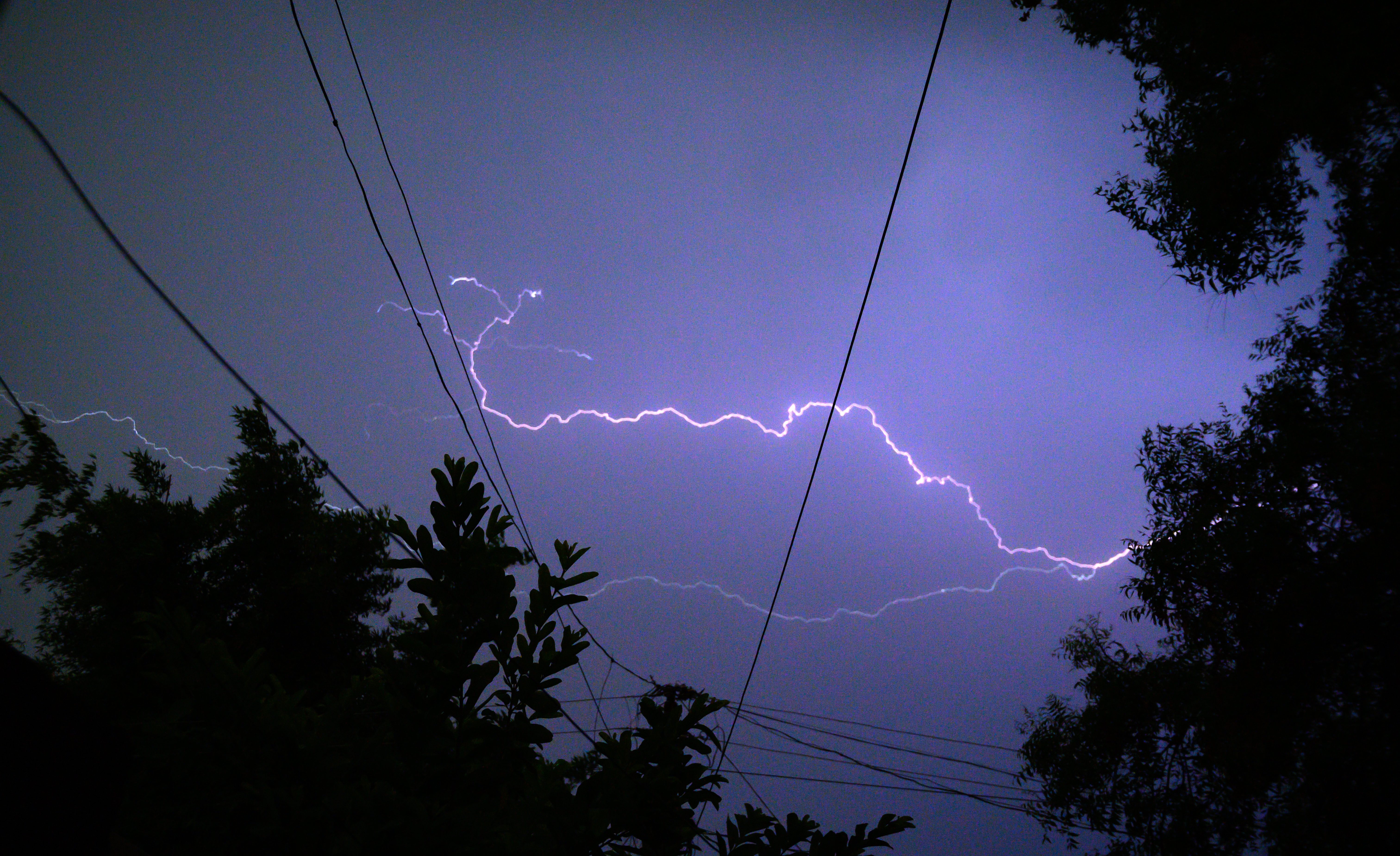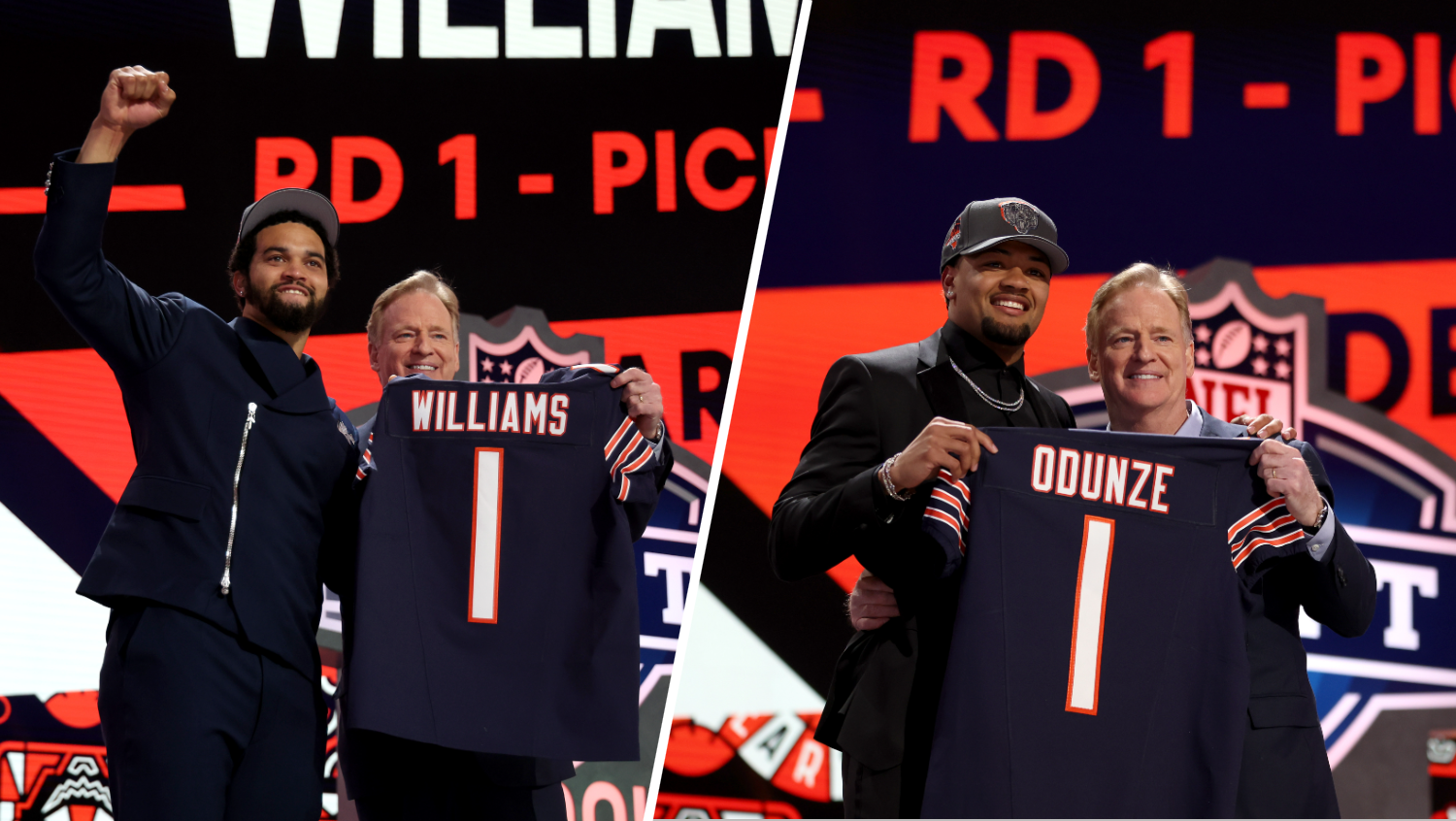It's a question many are asking as coronavirus vaccinations continue across the U.S.: are the COVID vaccines FDA approved?
Currently, no coronavirus vaccine is fully approved by the U.S. Food and Drug Administration, but three were given emergency use authorization by the agency.
They include vaccines from Pfizer-BioNTech, Moderna and Johnson & Johnson.
Pfizer is currently the only vaccine authorized for emergency use in adolescents between the ages of 12 and 17, though Moderna filed for such approval on last month.
Feeling out of the loop? We'll catch you up on the Chicago news you need to know. Sign up for the weekly Chicago Catch-Up newsletter here.
Emergency use authorization allows a vaccine to become available prior to full approval in the case of public health emergencies. The FDA can revoke the EUA at any time.
"The vaccines met FDA’s rigorous scientific standards for safety, effectiveness, and manufacturing quality needed to support emergency use authorization," the Centers for Disease Control and Prevention states on its website.
But Chicago's top doctor expects full FDA approval could be granted as early as the fall.
Local
"I expect that these vaccines will get what's called the full FDA approval soon," Chicago Department of Public Health Commissioner Dr. Allison Arwady said during a Facebook Live Tuesday. "I would guess this will probably be in the maybe September range."
What would that mean?
"The difference between authorization and approval, does not have anything to do with new studies or changes, it has to do with making sure that people have been followed for a long enough time," Arwady said.
FDA approval of a drug, which requires a rigorous and structured process, means that data on the drug’s effects have been reviewed by the Center for Drug Evaluation and Research, which rules on whether the drug's provided benefits "outweigh its known and potential risks for the intended population," according to the agency's website.
"To be able to get the full approval, the companies had to be able to submit longer-term data on the safety of the vaccine," Arwady said. "And so after they were able to complete, for example, six months that everybody in these trials had completed six months of follow-up, there had not been any other safety concerns - that met that timeline for follow-up. Also, the FDA does extra looks at all of the vaccine manufacturing processes, and really all steps of the vaccine process - the same thing that we do for any other vaccine."
Once they receive full approval, the vaccine providers can begin marketing the shots directly to consumers and selling them to individuals and private companies in the U.S.
So far, Moderna and Pfizer have both filed for full FDA approval, however.
"Pfizer already has given the FDA everything that it needs, and I expect that it will have that approval in probably September," Arwady said. "Typically, a full approval takes, you know, it can take a year or more, but I think obviously in this case there's a lot of interest in that."
Moderna also announced last month that it had begun a “rolling submission” to the FDA of data from its studies of the two-dose mRNA vaccine.
“We are pleased to announce this important step in the U.S. regulatory process for a Biologics License Application (BLA) of our COVID-19 vaccine,” Moderna CEO Stephane Bancel said in a press release. “We look forward to working with the FDA and will continue to submit data from our Phase 3 study and complete the rolling submission.”
Large-scale studies of the shots continued after Moderna’s emergency authorization. The FDA will scrutinize the information to see if the vaccine meets stringent criteria for full licensure.
"Once it has the full approval, you may start seeing more advertisements with direct marketing, but all of the scientific data is done and it looks and it looks great, so they will get the full FDA approval," Arwady said.



